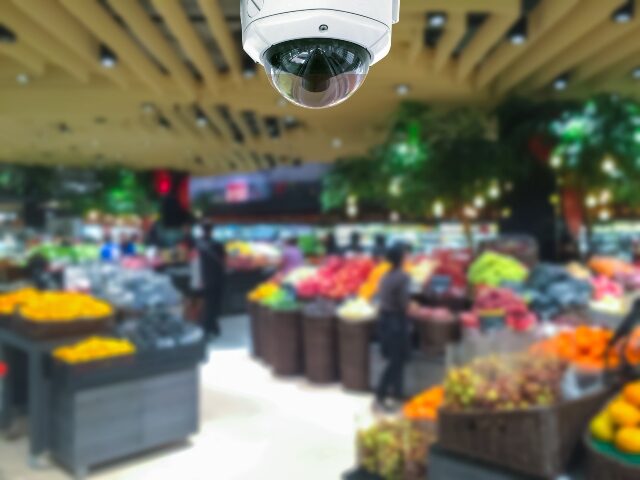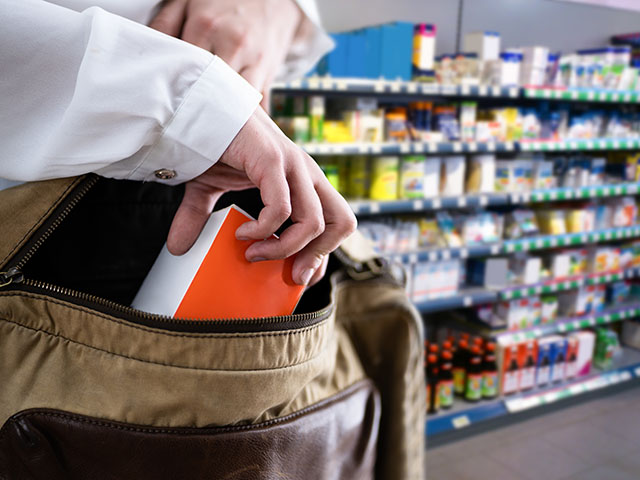Supermarket giant Kroger is spearheading a novel approach to fighting theft and errors at self-checkout lanes by deploying AI and camera technology, sparking a debate on customer experience, ethics, and privacy even as prominent chains dealing with massive shoplifting problems carefully watch how technology contributes to solving the problem.
The Street reports that Kroger has taken a major step in leveraging AI technology to scrutinize customer activity at self-checkout lanes, a move that is as innovative as it is controversial. The technology, developed by Everseen Visual AI, employs cameras to monitor how customers scan and bag their items, flagging discrepancies and abnormal patterns to store personnel. If a customer neglects to scan an item, the system alerts them, and upon a second missed item, staff are notified. The initiative has been rolled out in over 1,700 stores, with plans for a chain-wide implementation across 2,800 stores in 35 states.
Kroger claims that this technology has significantly reduced errors at self-checkout, with a reported decrease of over 75 percent. “We’re already reporting fewer errors at self-checkout. Not only does this translate into reduced retail shrink, it also gives us a much more accurate view of what stock is going out of the store,” stated Chris McCarrick, Kroger’s senior manager of asset protection, highlighting the tangible benefits the technology has brought to the chain. However, this technological advancement doesn’t come without its share of criticism and concerns, particularly regarding customer experience and privacy.
Critics say the AI technology operates under an implicit assumption of guilt, potentially subjecting honest customers to inconvenience and scrutiny. If a customer does not efficiently scan and bag their items — even without any intent of theft — they may face the discomfort of having their bags examined by store personnel. This raises questions about the ethical implications of deploying such technology and the balance between safeguarding assets and maintaining a positive, trust-based relationship with customers.
Kroger’s approach might pave the way for other retailers, such as Walmart and Target, to adopt similar technologies in a bid to safeguard their assets.
As Breitbart News has recently reported, shoplifting continues to develop as a major problem for retailers. As John Nolte explained:
People only steal if they believe they can get away with it, and “getting away with it” falls into two categories: 1) conditions ensure a clean getaway, and 2) knowing that even if they are caught, nothing will happen.
Smash and grab robbery, Courtesy Brea Police Dept.
There’s not much you can do about numero uno. Thieves seek opportunity. But there’s a whole lot you can do about numero dos, and that’s why retail loss exploded from $45 billion to $100 billion.
If there are no consequences for being caught, you are not only encouraging thievery; you are encouraging people to become thieves. Why not? What’s to stop them? Certainly not their conscience, not in a country where left-wing politicians, celebrities, academics, and media stars declare shoplifting a legitimate way to achieve equity and social justice.
Read more at the Street here.
Lucas Nolan is a reporter for Breitbart News covering issues of free speech and online censorship.


COMMENTS
Please let us know if you're having issues with commenting.